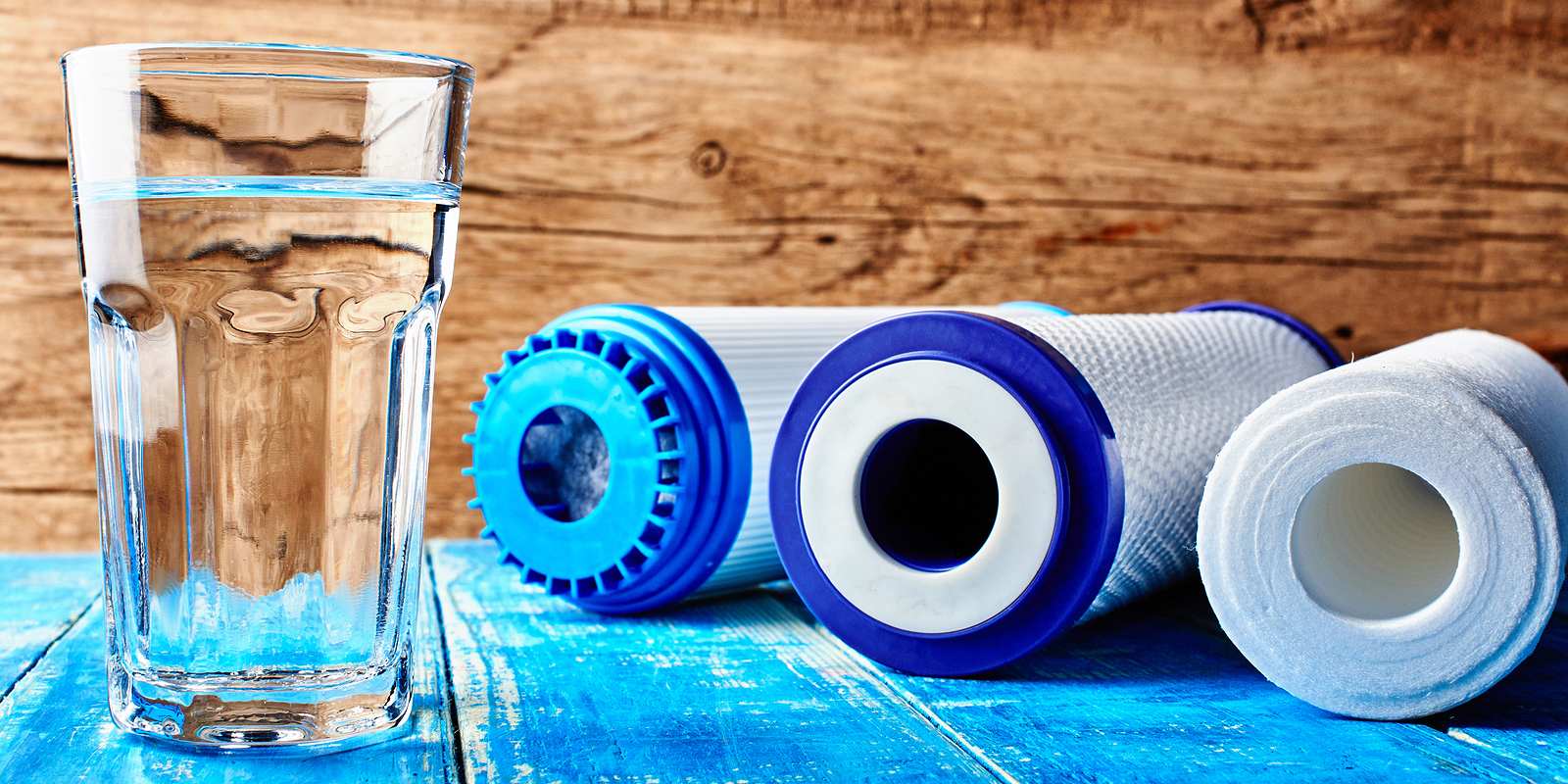
The Heart of Filtration: Exploring Types of Water Filter Cartridges
Water filtration is crucial in ensuring drinking water’s purity and safety. This article delves into the various types of water filter cartridges, their functionalities, and the benefits they offer. Each cartridge type is designed to target specific contaminants, making the selection process vital for achieving optimal water quality.
Understanding Water Filter Cartridges
Water filter cartridges are the heart of filtration systems, tasked with removing impurities from water to make it safe for consumption. These cartridges are available in many designs, each tailored to filter out contaminants such as sediments, chemicals, and microorganisms. The efficiency of a water filtration system hinges on the type of cartridge used, underscoring the importance of selecting the right one for specific filtration needs.
Sediment Filters
Sediment filters capture and remove solid particles, such as dirt, sand, and rust, from water. These filters are typically made from melt-blown polypropylene or pleated polyester, offering varying filtration precision. They act as the first line of defense in a multi-stage filtration system, protecting other filters from clogging with large particles. The effectiveness of sediment filters is measured in microns, with smaller micron ratings indicating finer filtration capabilities.
Carbon Filters
Carbon filters reduce chlorine, volatile organic compounds (VOCs), and unpleasant tastes and odors from water. Activated carbon, the primary material in these filters, absorbs impurities through adsorption. These filters come in two main forms: granular activated carbon (GAC) and carbon block. While GAC filters are known for their high flow rates, carbon block filters boast a higher contaminant removal efficiency due to their denser structure.
Reverse Osmosis (RO) Membranes
Reverse osmosis membranes represent a pinnacle in water filtration technology, capable of removing up to 99% of dissolved salts, bacteria, and viruses. The RO process forces water through a semi-permeable membrane, trapping contaminants on one side and allowing pure water to pass through. These membranes require pre-filtration to remove sediments and chlorine that could damage the delicate RO layer.
Ceramic Filters
Ceramic filters are revered for removing bacteria and protozoa from water without chemical additives. Made from diatomaceous earth or other porous ceramic materials, these filters have tiny pores that block pathogens from passing through. Ceramic filters can be cleaned and reused, offering a sustainable option for water filtration.
Ion Exchange Resins
Ion exchange resins soften water by removing hardness-causing minerals such as calcium and magnesium. These resins exchange sodium ions for calcium and magnesium ions, reducing scale buildup in plumbing and appliances. Ion exchange filters are essential for areas with hard water and are often incorporated into water-softening systems.
Ultraviolet (UV) Filters
Ultraviolet filters use UV light to disinfect water, eliminating bacteria, viruses, and other microorganisms through DNA damage. These filters effectively ensure water is free from pathogenic contamination, making them ideal for use in areas prone to microbiological impurities. UV filters require clear water to function effectively, necessitating pre-filtration to remove sediments that could shield microorganisms from UV exposure.
Selecting the Right Water Filter Cartridge
The selection of the appropriate water filter cartridge depends on the specific contaminants present in the water. A comprehensive water quality test can identify these contaminants, guiding the choice of filtration technology. It is also essential to consider the flow rate, filter lifespan, and maintenance requirements of the filtration system to ensure it meets the needs of the household or facility.
In conclusion, water filter cartridges play a critical role in the purification of drinking water, offering protection against a wide range of contaminants. The variety of options, from sediment and carbon filters to advanced RO membranes and UV disinfection, cater to diverse filtration needs. Understanding the functionalities and benefits of different filter types is essential in selecting the right system to ensure the safety and quality of water. Regular maintenance and informed selection are key to achieving optimal filtration performance, safeguarding health, and enhancing the taste and clarity of water.

